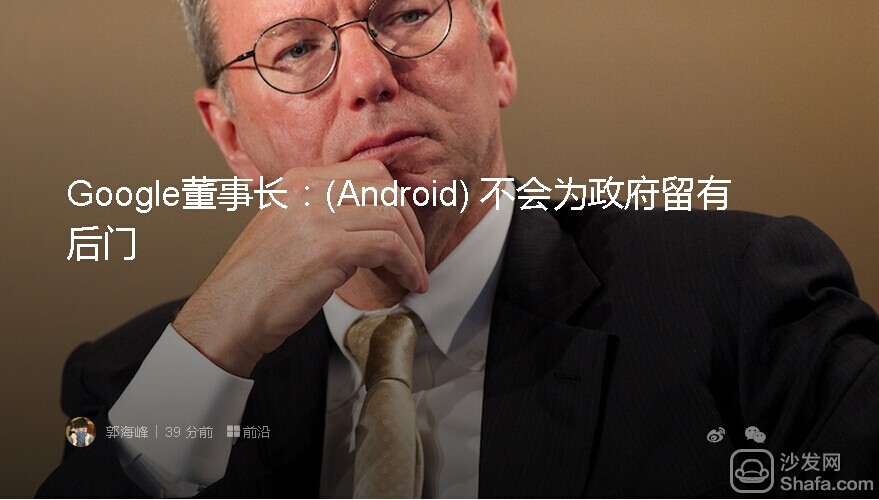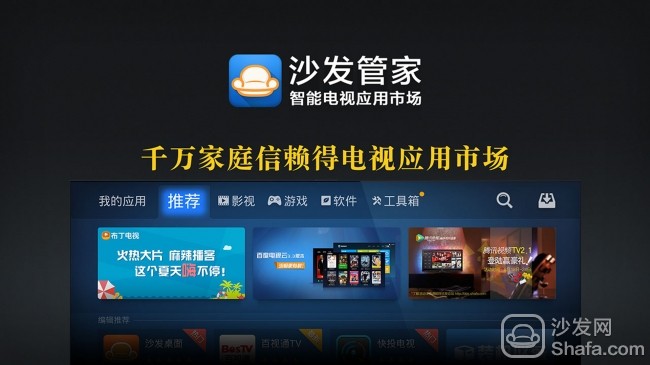
That is, from this point in time, law enforcement agencies began to have a legal basis for electronic surveillance. At the same time, however, CALEA stipulates that it does not apply to information service and network service projects and cannot target Internet service providers.
With Android and iOS increasing the level of system secrets, people use mobile phones and social networking tools to communicate more, making it more difficult for US law enforcement agencies to collect information. As a result, the old revolution encountered new problems.
The occurrence of iCloud Pornographic events has caused unprecedented concerns about data security in cloud storage. In the near future, Apple updated the iOS 8 user data protection policy. In the future, a large amount of user data will be under the user's password encryption, even if Apple can not get data from the iOS device.
According to James Comey, director of the FBI, with Google and Apple constantly upgrading the confidentiality level of smart phone systems without leaving a back door for law enforcement, it indirectly helps criminals and terrorists and even threatens the public. Safety.
According to the law promulgated in 1994, mobile phone manufacturers were required to leave a back door in the system, allowing government departments to install monitoring devices. However, this law has been greatly reduced in smart phones. Now, the FBI and other law enforcement agencies are pushing the Congress to update the Communications Assistance Act introduced in law enforcement in 1994. At the same time, Comey hopes that Apple and Google will leave back doors in the mobile phone system.
For the FBI director's propaganda to Google and Apple, Google chairman Eric Schmidt said, (Android system) there is no need to leave a back door. In his speech at the Cato Institute on Friday, Schmidt believed that it would not make it easier for government security agencies to obtain user information.
In Schmidt's view, after setting up the back door for the government security department, it also gave the other back door to the smart phone system, and they could easily unlock the user's mobile phone. While the government benefits, the privacy of users will have very big challenges.
Speaking of government surveillance, Schmidt said that he learned from the Washington Post about the Prism Project, the top secret e-listening program that the National Security Agency began implementing in 2007, “Although I and Jared Cohen are in the book Written to the possibility of this situation, but still shocked by such facts."
Recommended installation sofa butler Download: http://app.shafa.com/
